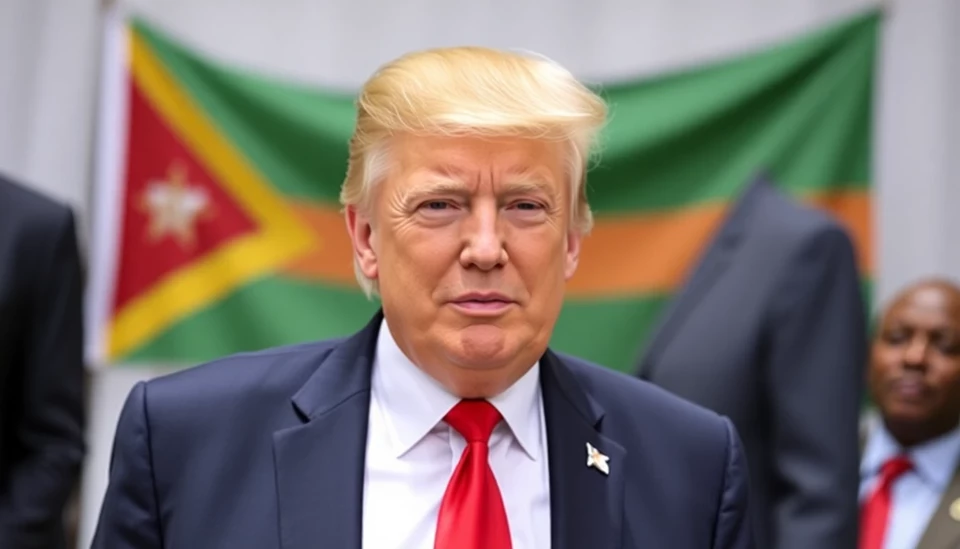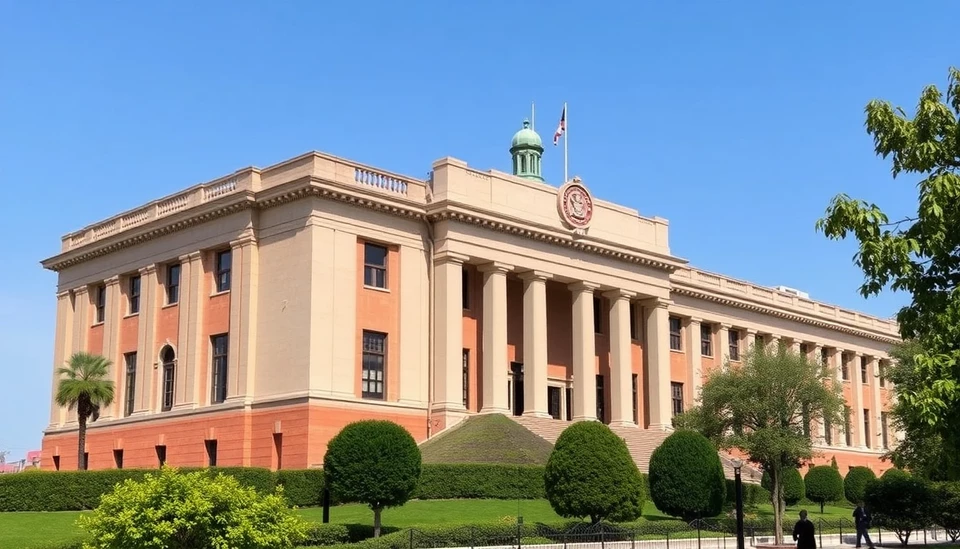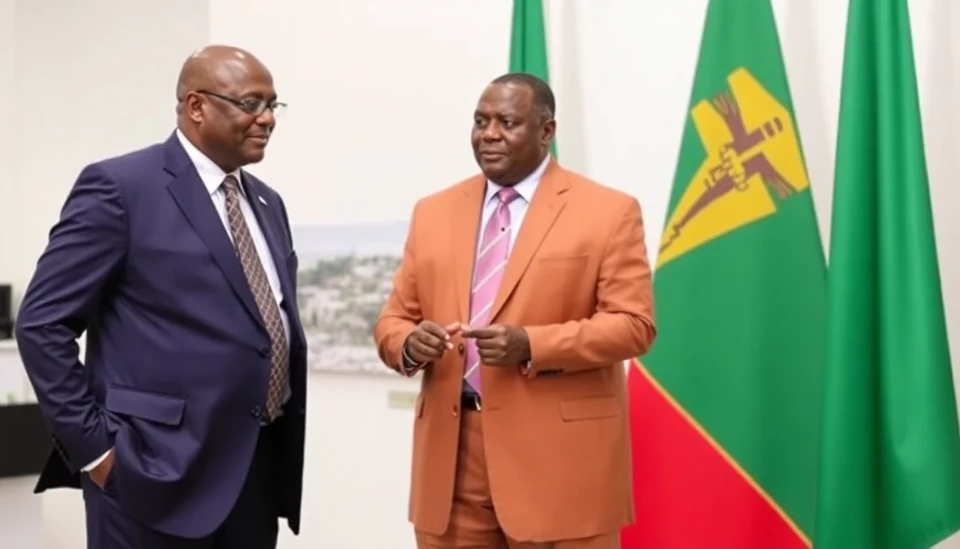
Zambia is bracing itself for significant economic repercussions following the surprise victory of Donald Trump in the recent U.S. presidential elections. As markets around the world responded to the news, a surge in demand for the U.S. dollar has become evident, raising concerns for the Zambian economy, which has relied heavily on foreign investment and aid. The dollar's strength, often a reflection of geopolitical shifts, poses a series of challenges for nations like Zambia, particularly in light of its mounting debt issues.
The immediate aftermath of Trump’s election saw a notable fluctuation in currency values, with the dollar rising sharply against many global currencies, including the Zambian kwacha. Economic experts warn that this could lead to escalating costs for imports and a strain on the country’s fiscal stability. Zambian businesses, many of which depend on dollar-denominated transactions, are likely to experience increased operational costs that could, in turn, lead to higher prices for consumers.
Moreover, the Trump administration's often unpredictable trade policies could complicate Zambia's already fragile economic landscape. Investors and analysts are keenly observing the U.S. stance on global trade agreements and how these may influence Zambia's access to markets. Zambia has frequently depended on copper exports, with soaring copper prices being critical for bolstering the country’s foreign reserves. However, shifts in U.S. economic policy may alter this scenario, as the global market adapts to a potentially more isolationist approach from Washington.
In response to these challenges, Zambian officials are contemplating various measures to stabilize the kwacha and encourage local economic activity. Among these potential strategies is increasing domestic production to reduce reliance on imports, focusing on creating a more self-sufficient economy amid global uncertainties. However, experts caution that without comprehensive reforms, including enhancing governance and addressing debt sustainability, Zambia could continue to face severe economic headwinds.
As the situation unfolds, the African nation remains watchful, analyzing both the immediate effects of the U.S. election outcome and the longer-term implications for international relations and economic health. With Zambia's economy already under pressure from past financial mismanagement and a high debt-to-GDP ratio, the election results have triggered an urgent call for strategic planning to mitigate potential crises.
In summary, as Donald Trump's return to the White House sends ripples across financial markets, Zambia stands at a critical juncture, navigating through the complexities of a shifting global economic environment. The Zambian government and its citizens will need to stay vigilant and responsive to the changing tides featuring increased dollar demand and volatile economic indicators.
#Zambia #DonaldTrump #Economy #USPresidentialElection #DollarDemand #ZambianKwacha #GlobalTrade #CopperExports
Author: Rachel Greene




